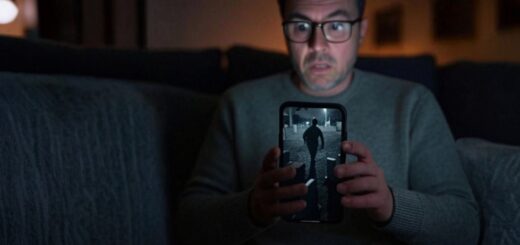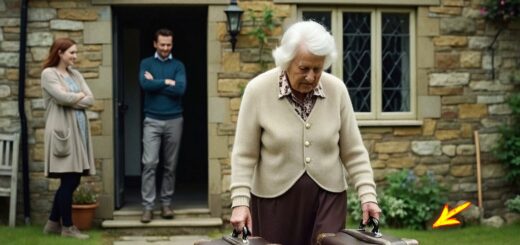You ruined our lives, get out!» my whole family said. So, I just left. A month later, I received 50+ missed calls. Now they know…
So now I’m some psychology case study? Perfect. More blame. I recognize the old pattern trying to reassert itself and refuse to engage.
I’m not blaming you, Dad. I’m just saying I’ve found a healthy path forward for myself and I need to stay on it. The call ended poorly, but I felt stronger for having maintained my position without being drawn into the familiar cycle of accusation and defense.
Tyler remained distant, occasionally included in group texts from our mother, but never initiating contact himself. Rachel, true to form, vacillated between angry messages and tearful pleas, neither of which I engaged with beyond brief acknowledgments. The most unexpected development came during a weekend hiking trip with my now close friend Jessica and some others from our Poetry Slam group.
We were resting at an overlook, admiring the view of Mount Rainier, when Jessica mentioned her younger brother was moving to Seattle. He’s going through a rough time, she explained. His roommates basically turned him into their personal servant and blame him for everything that goes wrong in the apartment.
The description was so familiar I felt a jolt of recognition. Classic scapegoating, I said without thinking. Exactly.
I told him he needs to get out of there, but he keeps making excuses about loyalty and friendship. She looked at me thoughtfully. Would you maybe talk to him when he visits next weekend? You’re the only person I know who really understands what it’s like to extract yourself from that kind of situation.
The request caught me off guard. My journey was still ongoing, my healing incomplete. Who was I to advise someone else? I’m not an expert, I demurred.
You’re the most expert person I know on this specific topic, Jessica insisted. Just coffee, no pressure. But I think hearing from someone who’s been there could really help him.
So the following weekend, I found myself across a cafe table from Jessica’s brother, Michael, a soft-spoken young man who reminded me painfully of myself two years earlier. He described situations that echoed my own experiences, the same patterns of blame and emotional manipulation, the same erosion of self-worth. I know I should probably move out, he concluded, but they’re my friends.
We’ve been through a lot together, and maybe I am too sensitive, you know? Maybe I do need to try harder. I recognize the self-doubt, the internalized blame. Can I share something I’ve learned the hard way? I asked.
He nodded. Relationships should make you feel valued, not diminished. They should be reciprocal, not one-sided.
And most importantly, when someone shows you who they are through consistent behavior, believe them the first time. But what if it’s my fault? He asked, the familiar question that had kept me trapped for years. Even if you have things to work on, which we all do, that doesn’t justify being treated as the universal scapegoat, I explained.
Real friends, real family, help you grow. They don’t tear you down to build themselves up. We talked for over two hours, well beyond our planned meeting time.
By the end, he wasn’t ready to make any decisions, but he had questions, perspective, and resources I wished I’d had when facing my own situation. As I walked home afterward, I felt a profound sense of purpose. My painful experience, rather than being simply something to overcome, had given me insight that could potentially help others…
























